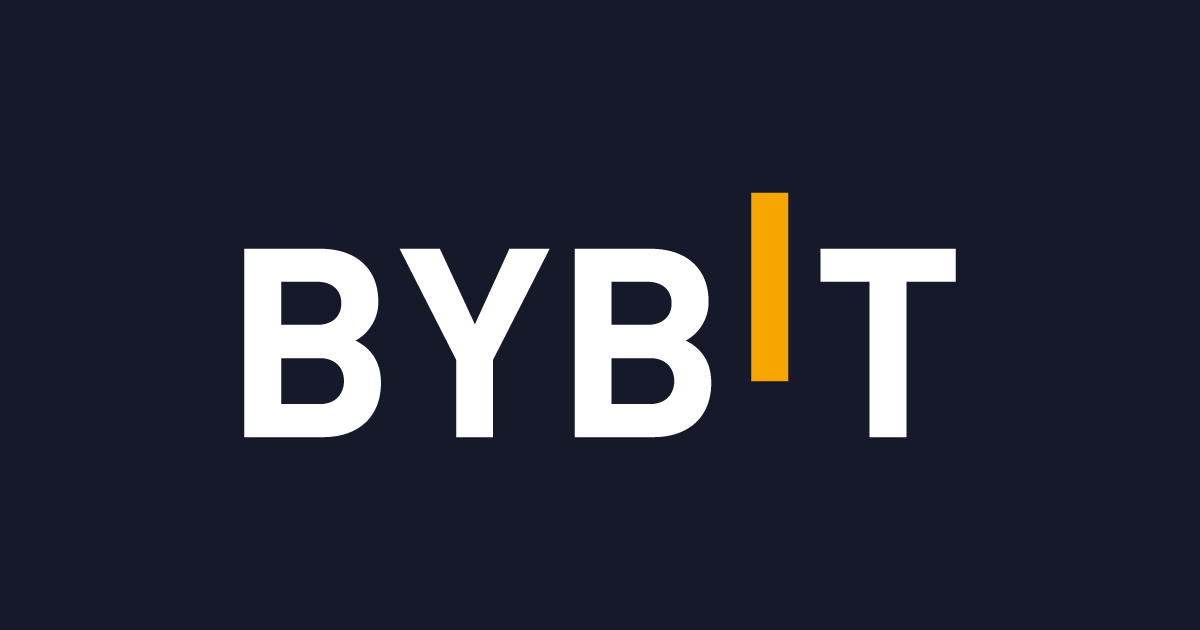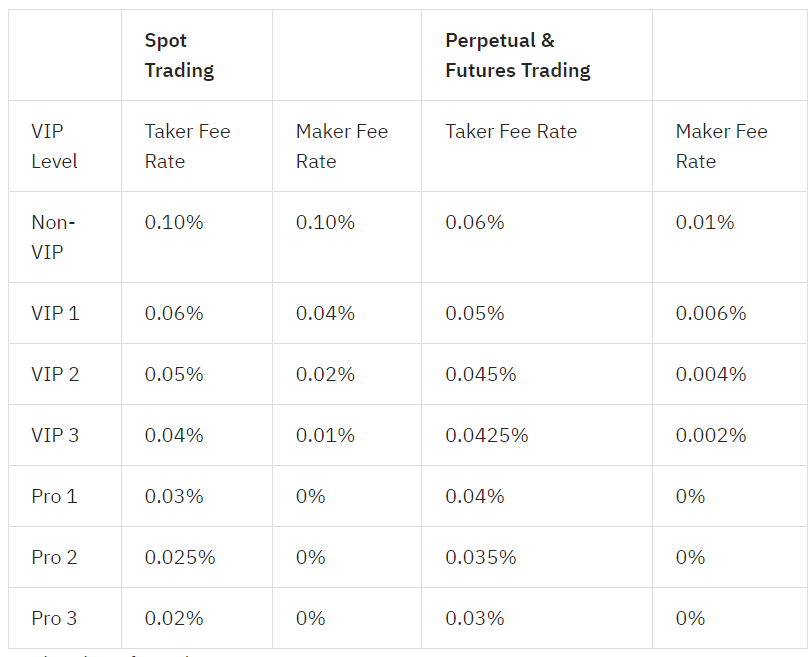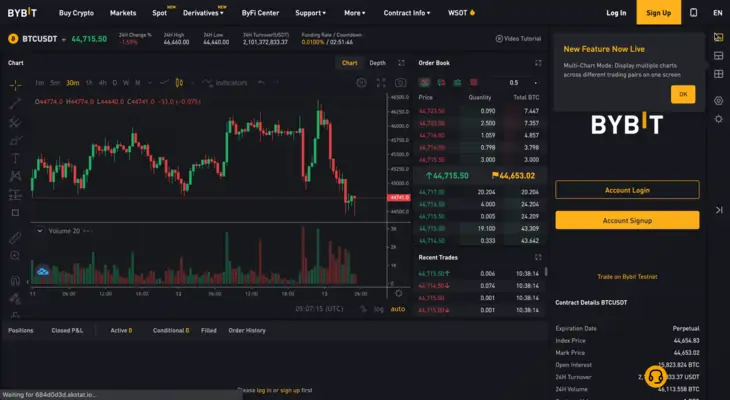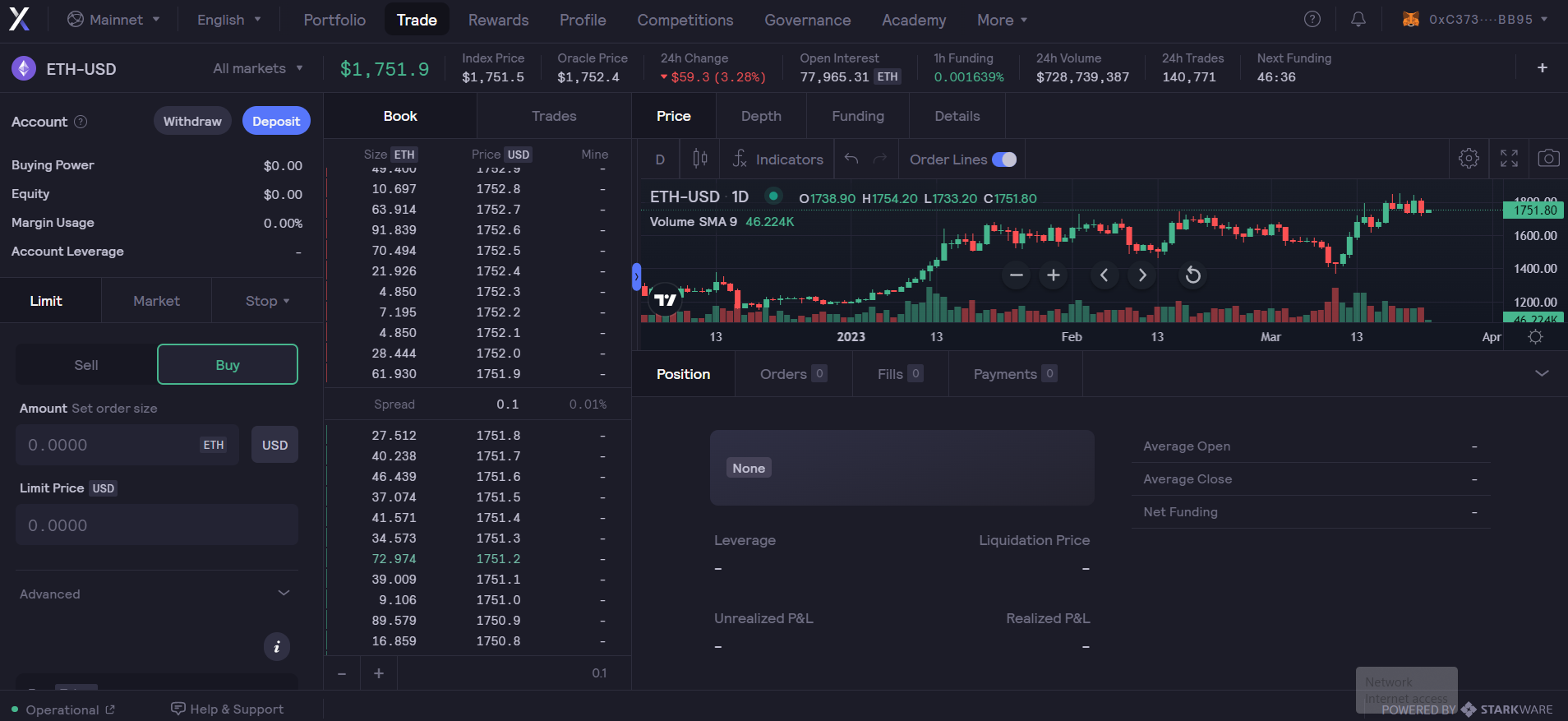As a cryptocurrency trader, I understand the importance of choosing the right trading platform. That’s why I’m excited to share my knowledge on the comparison between Bybit and dYdX.
Both platforms have gained popularity due to their advanced trading tools, low fees, and user-friendly interfaces.
However, as I have personally used both platforms, I have noticed that each has its unique strengths and weaknesses that make one more suitable for certain trading strategies.
In this guide, I will share my experience and knowledge to help you make an informed decision on which platform is best for your trading needs.
Bybit vs dYdX: At a Glance comparison
| Feature | Bybit | dYdX |
| Supported Cryptocurrencies | 50+ Fiat currencies, 20+ cryptocurrencies | 36+ cryptocurrencies |
| Trading Fees | Maker: 0% to 0.02%
Taker: 0% to 0.05% |
Maker: 0.01%
Taker:0.06% |
| Mobile App | Available for iOS and Android | Available for iOS and Android |
| Security | Two-factor authentication, cold storage | Two-factor authentication, smart contract-based custody |
| Customer Support | 24/7 live chat and email support | Email support only |
Bybit vs dYdX: Trading Markets, Products & Leverage Offered
Both Bybit and dYdX offer trading in Perpetual Futures Contracts, but only Bybit supports Options trading.
They both support popular cryptocurrencies such as Bitcoin and Ethereum, but Bybit has support for smaller altcoins that promise better returns than the large market cap coins.
| Feature | Bybit | dYdX |
| Trading Markets | Spot, Margin, Futures, Options | Legacy Markets (on Ethereum Layer 1): Spot, Margin Layer 2 Markets: Perpetual Futures |
| Leverage | Up to 100x | Up to 25x |
| Perpetual Contract Fees | Maker: 0% to 0.02%
Taker: 0% to 0.05% |
Maker: 0.01%
Taker:0.06% |
| Options Trading | European and American-style options | Not available |
Verdict: Bybit is the clear winner here as it allows for a larger range of trading instruments and also has a lower trading fee for perpetual Futures contracts.
Bybit vs dYdX: Supported Cryptocurrencies
Both platforms support popular cryptocurrencies such as Bitcoin and Ethereum, but they differ in the number and variety of cryptocurrencies supported.
Bybit supports trading in Bitcoin (BTC), Ethereum (ETH), XRP, EOS, and other altcoins. The platform offers futures, perpetual contracts, and options trading in these cryptocurrencies.
Bybit’s focus on altcoins sets it apart from other cryptocurrency derivatives trading platforms, which usually only offer Bitcoin and Ethereum trading.
dYdX, on the other hand, supports trading in Bitcoin (BTC), Ethereum (ETH), and a limited number of other cryptocurrencies.
The platform offers only perpetual Futures contracts. dYdX’s limited selection of supported cryptocurrencies may also make it less overwhelming for newer traders.
Verdict: If you are interested in trading a wider range of altcoins, Bybit may be a better choice.
Bybit vs dYdX: Trading Fee & Deposit/Withdrawal Fee Compared
Bybit charges a trading fee that varies based on the product and the type of order placed. The maker fee ranges from 0% to 0.02%, while the taker fee ranges from 0% to 0.5%.
Bybit also charges a funding fee for perpetual contracts that is determined by the prevailing interest rate and the funding rate.
Bybit does not charge any deposit fees, but it charges a withdrawal fee that varies depending on the cryptocurrency. For example, the withdrawal fee for Bitcoin is 0.0005 BTC, while the withdrawal fee for Ethereum is 0.01 ETH.
dYdX charges a trading fee that is based on a percentage of the notional value of the trade. The maker fee is 0.01%, while the taker fee is 0.06%. The platform also charges a perpetual contract funding fee.
dYdX does not charge any deposit fees, but it charges a withdrawal fee that varies depending on the cryptocurrency.
Verdict: Both platforms are tied in this section as they have similar fee structures.
Bybit vs dYdX: Order Types
Bybit offers the following order types:
- Limit Order
- Market Order
- Conditional Order
- Stop-Limit Order
dYdX offers the following order types:
- Limit Order
- Market Order
- Stop Order
- Trailing Stop Order
Verdict: Both platforms offer similar order types, with Bybit offering an additional, conditional order and dYdX offering a trailing stop order.
Bybit vs dYdX: KYC Requirements & KYC Limits
Bybit requires you to undergo a KYC verification process if you want to upgrade your withdrawal privileges. The KYC process involves submitting a government-issued ID and a selfie to verify your identity.
Bybit has three levels of KYC verification:
| KYC Level -> | Non-KYC | Individual KYC Lv. 1 | Individual KYC Lv. 2 |
| Daily Withdrawal Limit | ≤ 20,000 USDT | ≤ 1M USDT | ≤ 2M USDT |
| Monthly Withdrawal Limit | 100,000 USDT | No Cap | No Cap |
dYdX has no requirements for a KYC verification process, and you can deposit or withdraw funds from your account freely.
Verdict: If you plan to withdraw more than Bybit’s daily and monthly withdrawal limits and don’t want to engage in KYC procedures, dYdX is your best bet, as the platform is completely anonymous.
Bybit vs dYdX: Deposits & Withdrawal Options
Bybit
- Cryptocurrency deposits: Bybit allows users to deposit a range of cryptocurrencies, including Bitcoin (BTC), Ethereum (ETH), and Ripple (XRP).
- Fiat deposits: Bybit also allows users to deposit fiat currency, including USD, EUR, JPY, and KRW, via bank transfer or credit/debit card.
- Cryptocurrency withdrawals: Users can withdraw a range of cryptocurrencies from their Bybit account.
- Fiat withdrawals: Bybit allows users to withdraw fiat currency via bank transfer.
dYdX
- Cryptocurrency deposits: dYdX allows users to deposit a range of cryptocurrencies, including Bitcoin (BTC), Ethereum (ETH), and USDC.
- No fiat deposits: dYdX does not currently allow users to deposit fiat currency.
- Cryptocurrency withdrawals: Users can withdraw a range of cryptocurrencies from their dYdX account.
- No fiat withdrawals: dYdX does not currently allow users to withdraw fiat currency.
Verdict: Overall, Bybit is the clear winner as it offers a wider range of deposit and withdrawal options, including the ability to deposit and withdraw fiat currency.
Bybit vs dYdX: Trading & Platform Experience Comparison
Bybit’s trading platform offers a user-friendly experience with a range of advanced trading tools and features. The platform also offers leverage up to 100x, making it an attractive option for traders looking to increase their potential profits.
Bybit offers a mobile app for both iOS and Android, allowing users to trade on the go. The app offers a similar trading experience to the desktop platform, with access to advanced trading tools and features.
Joining ByBit? Learn how to place short trades on ByBit
dYdX’s trading platform is also user-friendly, with a clean and simple interface. The platform offers different order types and the ability to trade perpetual contracts with up to 25x leverage.
dYdX also offers a mobile app for both iOS and Android, allowing users to trade on the go. Their mobile application has all of their trading tools and features available there too.
Verdict: Both exchanges are tied for the trading and platform experience as both of them have the required trading tools on their mobile and web interfaces.
Bybit vs dYdX: Customer Support
Bybit offers 24/7 customer support through its live chat feature on the website. Users can also submit a support ticket for more complex issues or questions.
Additionally, Bybit has an extensive help centre with a range of articles and tutorials covering everything from trading basics to advanced trading strategies.
dYdX also offers 24/7 customer support through its chat feature. You can also submit a ticket for a detailed issue. Additionally, dYdX has a comprehensive knowledge base that includes frequently asked questions, tutorials, and guides.
Verdict: The only differentiating factor between the two exchanges is Bybit’s comparatively extensive help centre which has a wider range of articles and tutorials.
Bybit vs dYdX: Security Features
Bybit has a range of security features in place to ensure the safety of user funds and data.
This includes multi-factor authentication (MFA) for user accounts, cold storage for storing user funds, and regular third-party security audits to ensure the platform’s security.
Additionally, Bybit offers insurance protection for user funds in the event of a security breach or hack. Bybit’s insurance fund is backed by a portion of the trading fees collected on the platform.
dYdX also has robust security features in place to protect users and their funds. This includes MFA for user accounts, cold storage for storing user funds, and regular security audits by security companies to ensure the platform’s security.
dYdX’s insurance protection for user funds has up to $10 million in coverage through Nexus Mutual. This coverage includes protection against smart contract bugs, exchange hacks, and other security breaches.
Verdict: Both platforms have enacted similar security features and also have an insurance fund for hacks or breaches that might occur.
Is Bybit Safe & Legal To Use?
In terms of safety, Bybit has several security measures in place to protect user funds and data, as has been described in the above section.
However, as with any cryptocurrency exchange, there is always a risk of hacking or other security breaches. Users should take extra precautions to protect their funds, such as enabling two-factor authentication (2FA) and using strong, unique passwords.
In terms of legality, Bybit operates in multiple jurisdictions and complies with all applicable laws and regulations in those jurisdictions.
However, it’s important for users to understand the legal landscape in their jurisdiction and ensure that they are complying with all applicable laws and regulations when using Bybit.
Overall, Bybit appears to be a safe and reputable exchange that offers strong security measures and insurance protection for user funds.
Is dYdX Safe & Legal To Use?
In terms of safety, dYdX’s security measures have been described in the security section above.
However, as a decentralized platform, dYdX also carries some unique risks that users should be aware of.
For example, there is no central authority or regulatory body overseeing the platform, which means that users are responsible for their own security and must take extra precautions to protect their funds.
In terms of legality, the use of decentralized platforms like dYdX is still a relatively new and evolving area of law.
While some countries have issued clear regulations around cryptocurrency trading and decentralized platforms, others are still in the process of developing their legal frameworks.
Conclusion
After comparing the key features of Bybit and dYdX, it’s clear that both platforms have their strengths and weaknesses.
Bybit offers a wider range of trading markets and products, as well as higher leverage options and a more user-friendly platform experience.
On the other hand, dYdX offers greater privacy and control over user funds, as well as lower fees and a more decentralized trading experience.
Ultimately, the choice between Bybit and dYdX will depend on the specific needs and preferences of each individual trader.
Both platforms offer unique benefits and challenges, and users should carefully consider their options before deciding which platform to use. However, if you wish to use ByBit, then you can use Bybit Coupon.
Check out how ByBit & dYdX compares to other exchanges:
- Binance vs dYdX
- ByBit vs Binance
- ByBit vs Coinspot
- ByBit vs Crypto.com
- ByBit vs Gate.io
- ByBit vs Phemex







